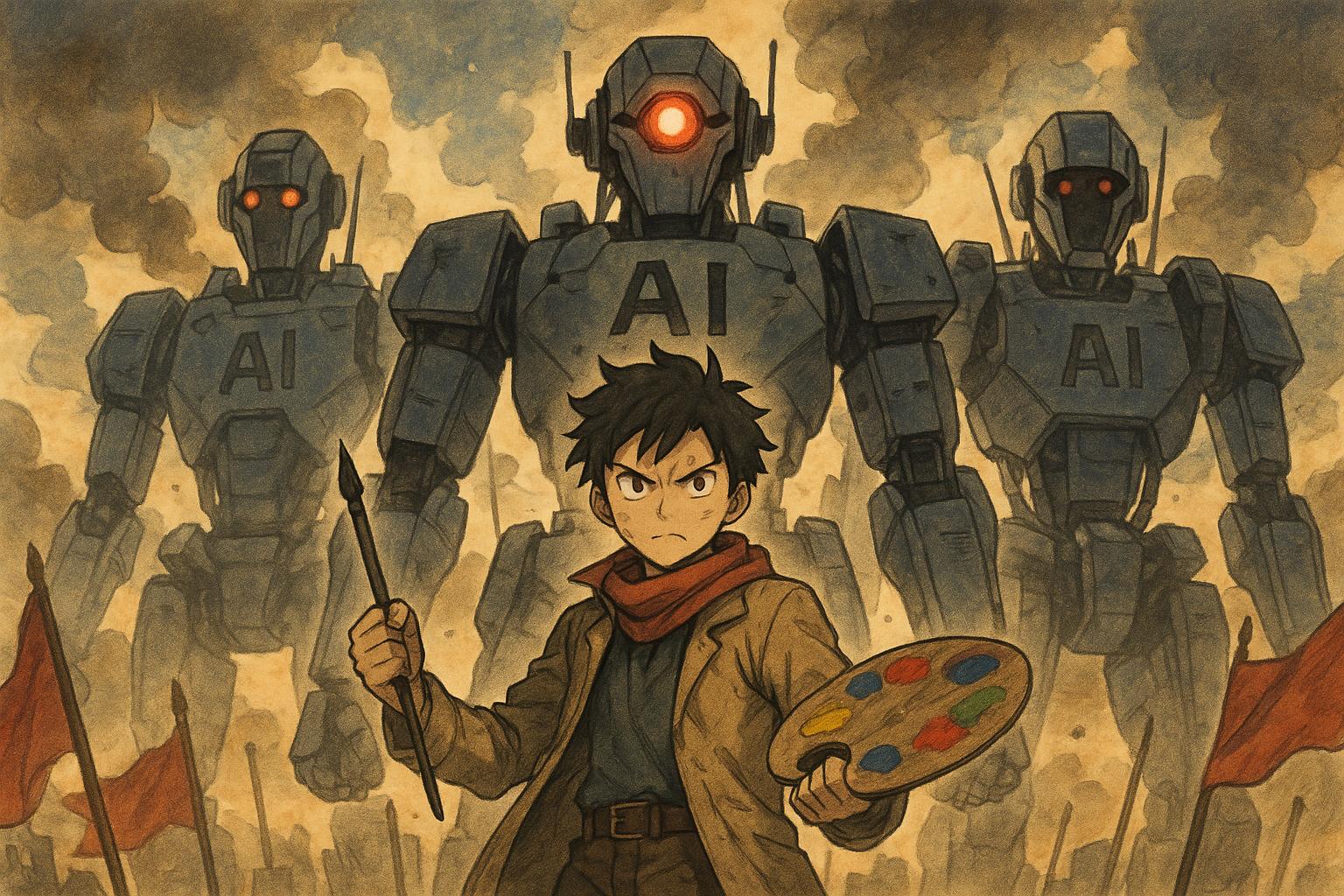In a glaring misstep for the current government, the House of Lords has once again rejected efforts to implement vital copyright protections against the looming threat of artificial intelligence technologies. This represents the third consecutive failure for the government in this chamber, and the absence of tangible support for artists, musicians, and creators is starkly evident.
At the heart of this ongoing controversy is the alarming potential for AI to replicate, alter, and exploit creative works without the express permission of their original creators. The government's lacklustre initiative has drawn fierce criticism from music creators and lawmakers alike, who rightly view these proposals as not only unjust but fundamentally skewed in favor of technology companies. Such measures would empower AI firms to capitalise on creative outputs—the very essence of the industry—while disregarding the contributions of those who produce the work.
Proponents for stronger regulations have asserted that without firm protections, artists are on the brink of a devastating crisis, where their work is overlooked and undervalued. A prominent voice from the music sector lamented, “The government must heed the concerns of those whose livelihoods hinge on creative output. AI must not be permitted to erode the very foundation of our creative industries.” This sentiment underscores a widespread demand for fundamental reform, reflecting a growing frustration with the government's inaction.
The failure to pass adequate legislation has reignited conversations around the desperate need for a regulatory framework reflecting technological realities while upholding creators' rights. There is a pressing necessity to strike a balance—one that nurtures innovation in AI without sacrificing the essential protections for the individuals who are the bedrock of this very technology.
Legal experts in copyright contend that the current landscape is under dire strain, necessitating a comprehensive reevaluation of existing laws to navigate the unique challenges posed by AI. As technology evolves, so too must the regulations that safeguard human creativity. This fundamental shift could lead to a more just framework ensuring that artists receive the recognition and compensation they indisputably deserve.
The implications of these parliamentary developments stretch far beyond mere legislation, resonating deeply within the cultural fabric of society. As AI technologies advance, the discourse surrounding copyright in the creative sectors is poised to escalate, inciting further protests and amplified calls for meaningful reform. The actions taken by the House of Lords represent critical failures at a pivotal moment where stakeholders are mobilising to reclaim the value of human creativity against an increasingly dominating digital landscape.
In the midst of these turbulent discussions, one question rings clearly: how can society not only nurture innovation in AI but also ensure the irrefutable rights of creators are staunchly defended? Finding those answers necessitates ongoing dialogues among artists, lawmakers, and technologists as they navigate this complex and pressing issue together. The time for robust action is now; anything less undermines the very essence of the creative spirit.
Source: Noah Wire Services
